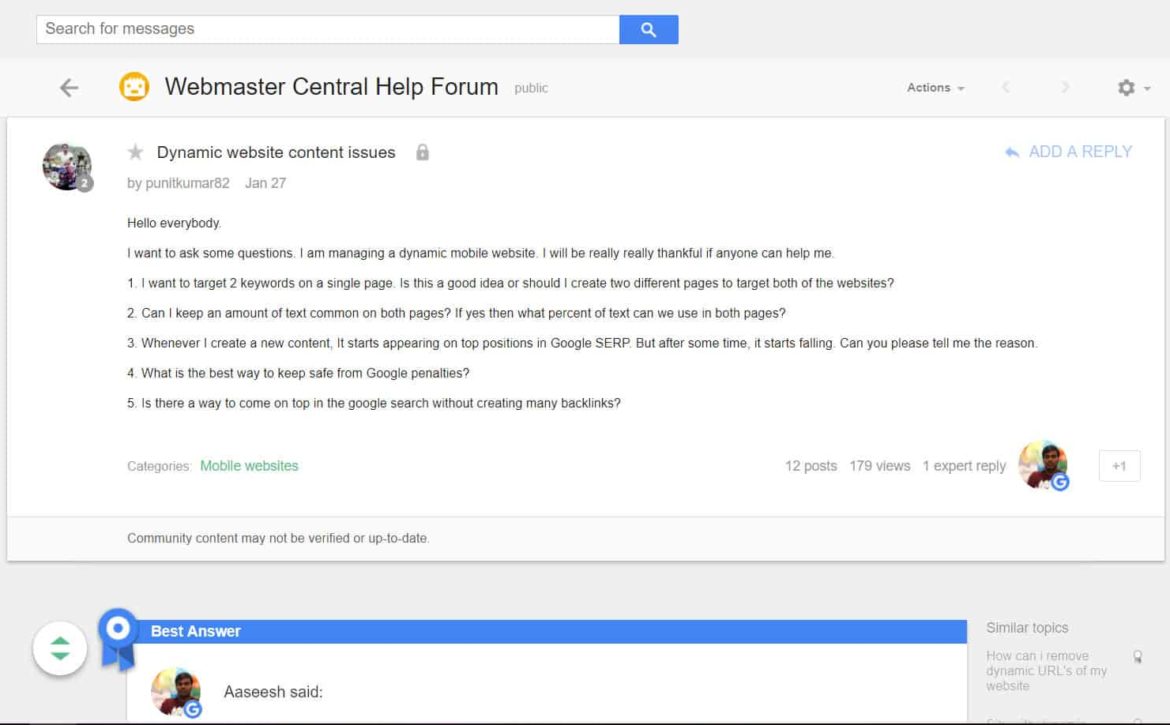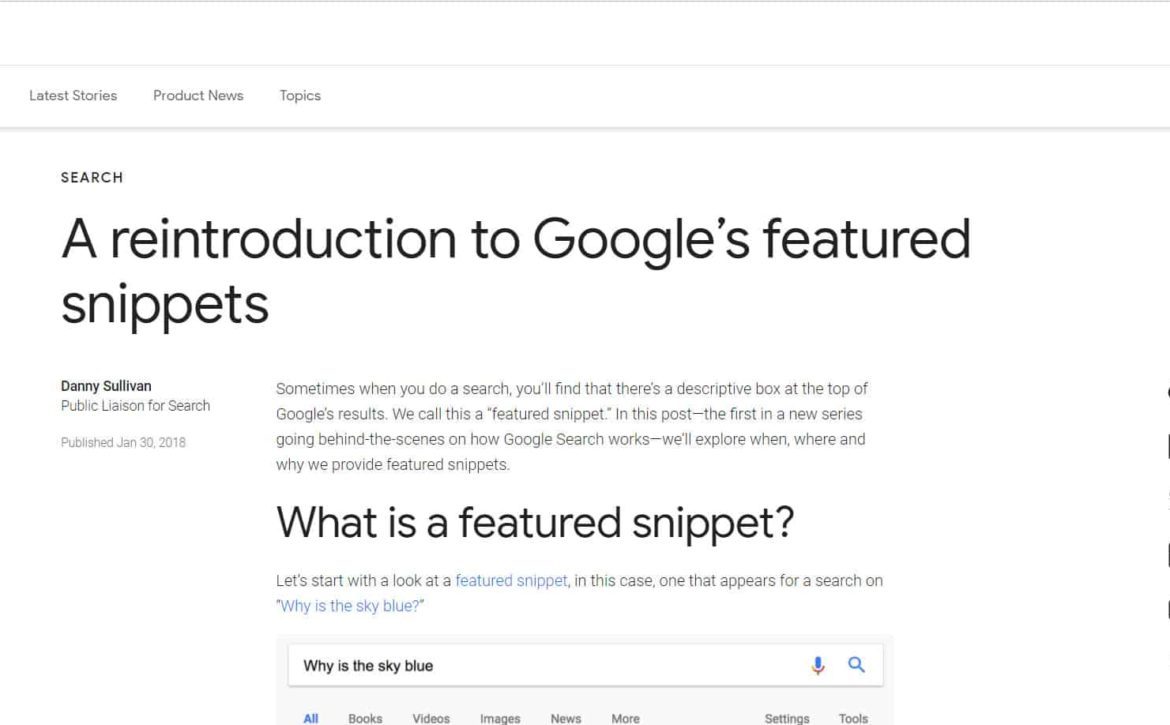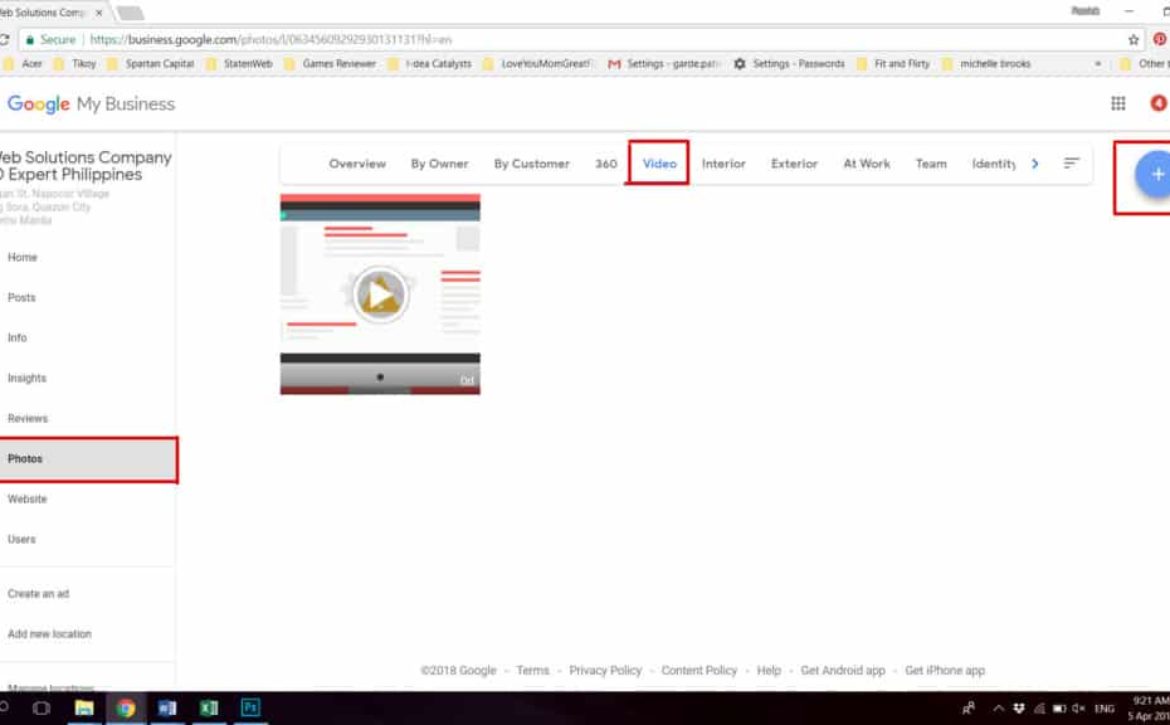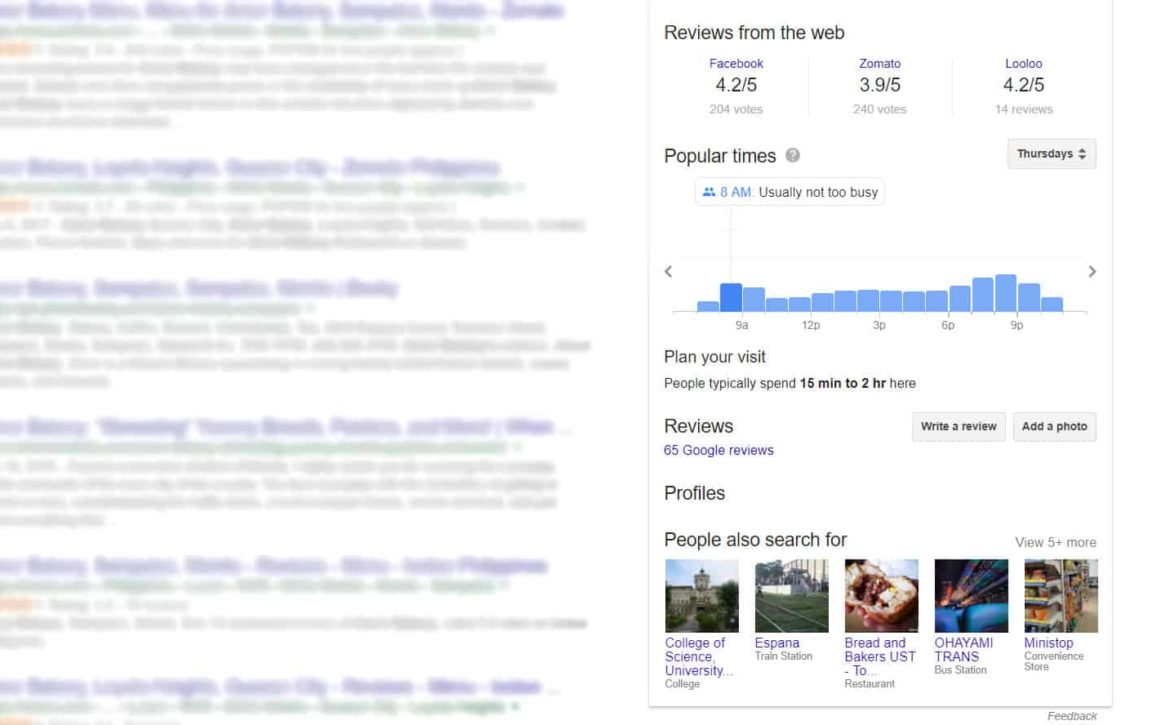Organic Search Growth Reaches 2-Year High [Report]
For some years now, the term organic search has been on the tip of the tongue of just about every webmaster. Organic search has become a headache in many aspects, and declining growth meant that some webmasters were happy to look for other channels. According to Merkle’s Digital Marketing Report for the fourth quarter of 2017, you should avoid being gloomy when it comes to organic search. Why? Because organic search growth has hit a 2-year high in terms of volume. That’s a massive growth, with a growth of around 15% year-to-year on the mobile market mainly. With this becoming more and more important, it’s vital that your business does not keep looking the other way when it comes to fully understanding and comprehending the importance of organic search currently. With 56% of all organic site visits via Google in Q4 2017, too, it’s safe to say that organic searches are back – and in a big day. It’s not just on Google, either – Yahoo seen around 18% of its searches come from mobile organic searches. This is more than just a fad; it’s a sign of a major cultural change in how we deal with our searches on the web. With an 8% growth rate year-over-year in 2017’ Q4, this is a very interesting topic of discussion. While the overall share of site visits being produced by mobile search was actually down a little, the mobile platform is growing all the time and shows no signs of slowing down. Social media, e-mail and display advertising all grew in the fourth quarter, too, delivering a strong end to what was a rather turbulent year for some in advertising and marketing. At the time of writing, this report shines a very positive light on the growth of organic search. If you have been ignoring this platform, then it might be time to make a change and focus on bringing this to your marketing channel again. Source: Merkle, Inc.Rapid Rate of Organic Search Growth











